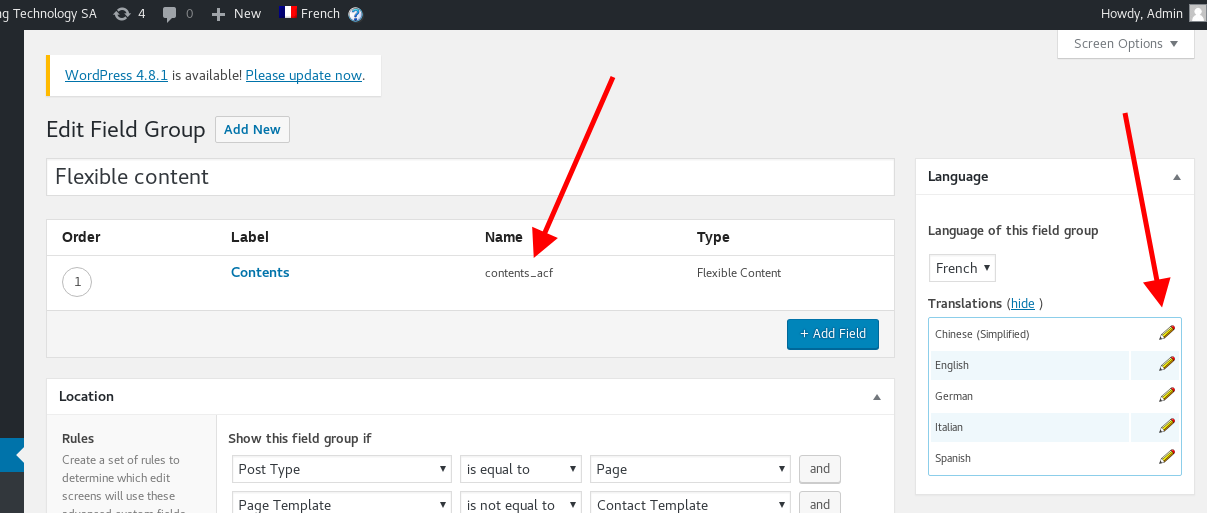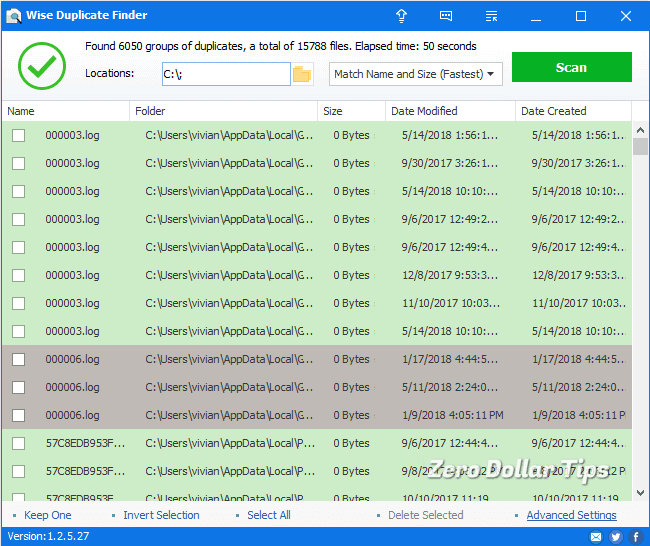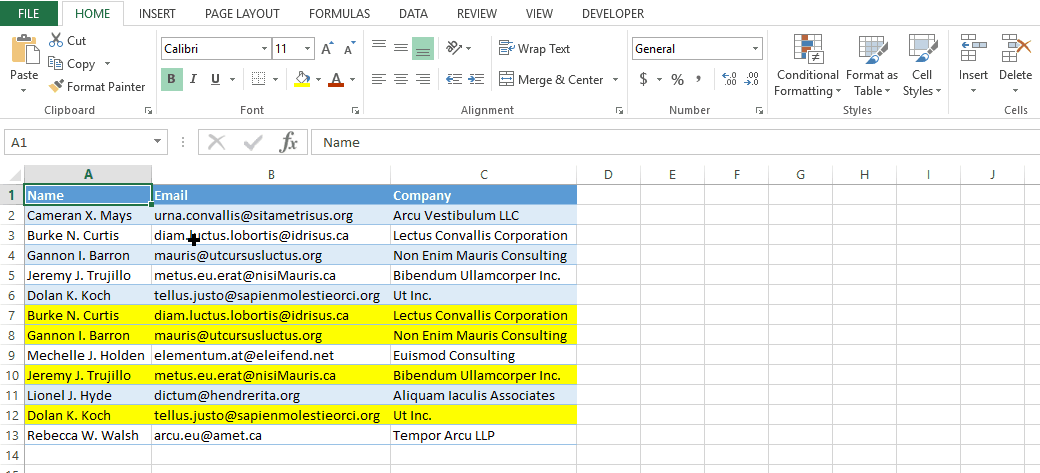
- #Easycatalog not paginate duplicate records how to#
- #Easycatalog not paginate duplicate records code#
Method 5 – Correlated Subquery with MIN or MAX In this method, you can also use a RANK function instead of DENSE_RANK. This deletes all of the duplicate records we found. This shows the same number of records as methods 1 and 2. Let’s find the COUNT(*) of records first. There are some differences between using these functions, but in this case, they give the same output. It uses the same concept as ROW_NUMBER, but uses the DENSE_RANK function. It involves joining the same table to itself, specifying the matching columns, and deleting all but one duplicate row. This is a commonly recommended method for MySQL and works for all other databases. It uses a ROWID filter which is usually a fast way to access a table.ĭatabase: Oracle, SQL Server, MySQL, PostgreSQL This is the method I would use if I needed to delete duplicate records from a table. (PARTITION BY first_name, last_name, address) dup If I run this command as a DELETE statement: DELETE FROM customer a In MySQL, or other databases, your query may look like this: SELECT COUNT(*) It shows there are 220 duplicate records. (PARTITION BY first_name, last_name, address For the purposes of these examples, I’ll check the COUNT of the records about to be deleted, by replacing the DELETE with a SELECT COUNT(*). It’s a good idea to check the records you’re deleting first, by running a SELECT statement using this criteria. (The AskTOM thread uses “WHERE dup 1” but it achieves the same thing). The ROWIDs are then returned to the DELETE statement at the top, which only deletes records where the ROW_NUMBER function (which has an alias of “dup” in this example) are greater than one. The second occurrence of all of those fields will get a number of 2, and so on. This means that the first occurrence of those fields will get the number of 1. It uses the PARTITION BY to create partitions or groups based on the fields I’ve mentioned in the PARTITION BY (which are first_name, last_name, and created_date). The ROW_NUMBER function here is used as an analytic function. (PARTITION BY unique_columns ORDER BY ROWID) dup The query looks like this: DELETE FROM table a

Your table structure, unique data business rules, and number of records will be different.However, any query times should only be taken as a guide, and may be different from the performance you get:
#Easycatalog not paginate duplicate records code#
In each of these examples, I explain the code I am using, what it does, and delete data using the DELETE statement. Here’s a summary of the different methods and which databases they work on. Let’s take a look at the different ways to remove duplicates in SQL. Let’s say that a record is a duplicate if it contains the same first_name and last_name values.

The sample of data has 1,220 records in a single table, which looks like this: customer_id We’ll see how it can work on Oracle, SQL Server, MySQL, and PostgreSQL.

In any case, identifying and removing duplicates is possible in SQL.

Is it a duplicate if only a few columns are the same?.Is it a duplicate if all columns except for the primary key are the same?.Is it a duplicate if all of the columns are the same?.The way you define duplicate data could be dependant on your data. And you want to get rid of the duplicates. You’ve found out that there is some duplicate data in this table. Let’s say you have a table with some data in it.
#Easycatalog not paginate duplicate records how to#
Do you need to use SQL to remove duplicates in your tables? Learn how to write an SQL query to remove duplicate data in this article.


 0 kommentar(er)
0 kommentar(er)
